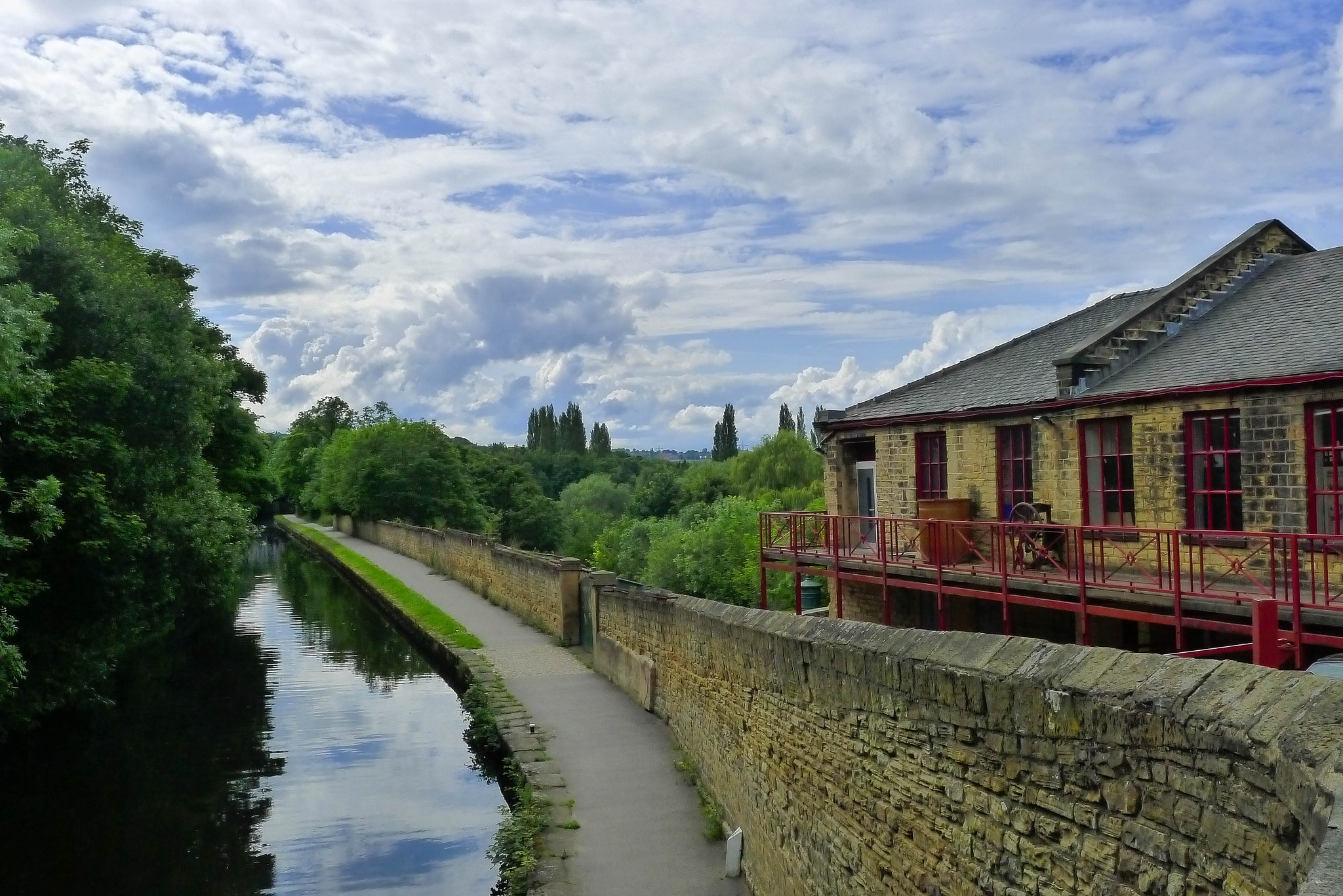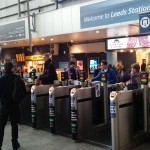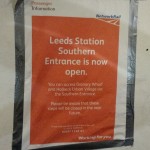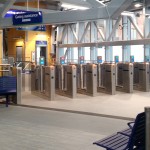Ticket barriers: an unnecessary bane
Recently, Leeds station opened a new entrance on the south side, to great fanfare. I live on the north side of the station and lots of my favourite places to go out are on the south side. Wouldn’t it be nice, I thought while it was being built, to be able to walk through the station instead of around it?
Well, sadly, that’s not possible thanks to Leeds being a so-called “gated” station, with ticket barriers at both entrances and no right of way between them. (And as if to rub salt in, they’re shortly closing the staircase that leads to the south side from the north entrance.)
Isn’t Leeds station public land? It’s certainly owned by the taxpayer. Why is it that I can’t walk across a huge public building to get from one area of the city to another?
Apparently, ticket barriers are there to prevent fare dodgers. But it seems like no one has ever actually run an investigation into their effectiveness, and the government’s official line is simply that “clearly they are an effective means of revenue protection“.
In Germany, 3.5% of people dodge fares and this costs the country €250m a year (or €3 per citizen per year). There are no ticket barriers anywhere. The restriction of freedom is seen as more significant than the cost to the rail operators. And how much do you think it costs to maintain Britain’s network of ticket barriers?
If we did away with ticket barriers and relied instead on conductors to fine people who don’t have tickets, we could easily get the following benefits:
- Free access through stations like my route from my house to Granary Wharf.
- The chance for non-passengers to go to the platform and say goodbye to their loved ones boarding trains.
- An end to the artificial restriction that requires most of the shops and eateries to be away from the platforms, so people without tickets can use them.
- Removal of the enormous “traffic jams” at the barriers during rush hour and the pain of getting through them with luggage or a wheelchair.
- A less intimidating experience that treats passengers as innocent until proven guilty.
- And, possibly, a cost saving as I’d be willing to bet the money saved by trapping fare dodgers is considerably smaller than the cost of maintaining these gates and their staff.
Is anyone campaigning to change this? Are we so used to being told what to do in our own public spaces by now that everyone just accepts it?





 Leeds-based non-binary nerd and sewist. I won't break my streak on Duolingo for anyone.
Leeds-based non-binary nerd and sewist. I won't break my streak on Duolingo for anyone.  Delicious
Delicious Leeds Beer Quest
Leeds Beer Quest Twitter
Twitter
I agree with the last few points – plus employment for a conductor on the trains, too.
However, it’s up for debate whether the station ground is actually public or owned by Network Rail.
That’s true, technically speaking. But Network Rail is itself 100% owned by the public so we should at least be involved in the decision-making.
I agree. Although I would point out that if you request access to the platform for any reason, staff are supposed to let you onto the platform. (I did mystery shopping a couple of times at Leeds Station, and one of the parts of each assignment was to request access to the platforms, with a reason of my choice.)
But that said, access should just be open.
(Interesting comparison, in New South Wales it’s an offence to be on a station platform without a valid ticket.)
Interesting! I did not know this!